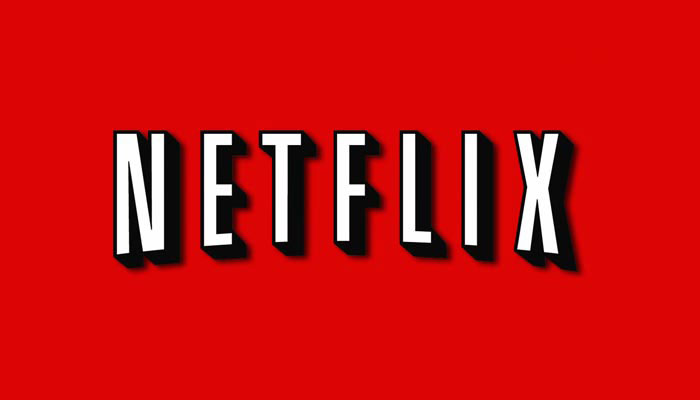As we look toward the beginning of another year, talk of acronyms such as FANG (Facebook, Amazon, Netflix Google/Alphabet) and FAANG (Facebook, Apple, Amazon, Netflix, Google/ Alphabet) continues. Analysts generally expect the FAANG stock performance to remain strong in early 2018, but not all of the stocks tend to be equal at this time of the year.

FAANG stock performance calculations indicate that Netflix, Inc. (Nasdaq:NFLX) and Facebook Inc (Nasdaq:FB) stock are usually the safest bets out of all the companies. However, you may be surprised to hear that insiders at some of the FAANG companies are cashing in on the strong gains posted this year.
Netflix leads in FAANG stock performance
CNBC calculated the FAANG stock performance for all five firms using data from analytics platform Kensho to estimate gains in each stock if shares were purchased on the last trading day of December in and then sold on the last trading day of January, stretching back to 2012. The results indicate that Netflix tends to have the strongest performance in he first month of the year, as the gains from this trading strategy indicate a significant outperformance for Netflix stock.
According to CNBC’s calculations of FAANG stock performance, Netflix stock bought at the end of the previous year and sold at the end of January averaged a return of 18.55% between 2012 and 2016. Facebook stock was in second place with an average return of 9.5%. Alphabet stock averaged a return of 2.92%, while Amazon stock averaged a gain of 0.73% in the first month of the year.
Apple stock was the only one of the FAANG group to average a loss during the first month with an average decline of 4.72%.
Why Netflix stock outperforms in the first month
Kensho data indicates that Netflix has beaten consensus estimates for the December quarter in each of years since 2012, which could be one reason the first month of the year has been historically kind to Netflix stock. One potential issue for the company this time around could be competition, however, according to GBH Insights analyst Daniel Ives.













Leave A Comment